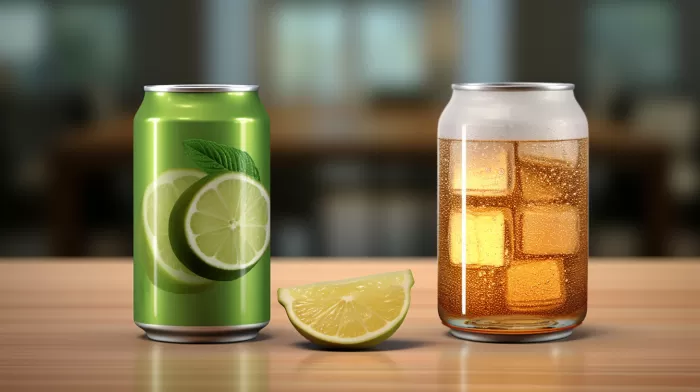Everyone has a favorite drink. For some, it’s a sugary soda, and for others, it’s a soothing cup of tea. But as more research emerges, it’s becoming clearer which of these beverages is beneficial to our health and which might be harming us in more ways than we realize.
Killer Soft Drinks: Aging Your Body Like Smoking
Most of us know that soft drinks (soda) are not good for us, mainly because of their high sugar content and various chemicals. Nevertheless, these risks don’t stop millions of people from enjoying these beverages every day.
In a study published in the American Journal of Public Health, researchers tested the hypothesis that soda may age us as much as smoking. They focused on telomeres, lengths of DNA at the ends of chromosomes that play a role in aging. The shorter the telomeres, the more susceptible we are to diseases and the aging process.
The study involved 5,300 adults with no prior history of diabetes or heart disease. Researchers found that those who consumed more sugar-sweetened beverages (SSBs) had shorter telomere lengths. This means that drinking soda was found to have a negative effect on the length and quality of our telomeres, contributing to accelerated cell aging and resulting in an impact similar to smoking.
While diet sodas didn’t show a significant association in this study, it’s worth noting that the negative health effects of artificial sweeteners are well-known. It’s best to avoid both regular and diet sodas to protect our cellular health.
Long Life Tea: Safeguarding Your Health
While soda is definitely something to avoid, tea, especially green tea, is worth incorporating into your regular routine. Tea has long been consumed in China for its many health benefits, ranging from reduced cholesterol levels to promoting heart health and stress relief.
The British Journal of Nutrition conducted a study analyzing the connection between tea consumption and blood pressure. It found that long-term tea consumption lowered systolic blood pressure by an average of 1.8 mmHg and diastolic blood pressure by 1.4 mmHg. The benefits were more significant for green tea, which lowered systolic blood pressure by 2.1 mmHg and diastolic blood pressure by 1.7 mmHg.
The blood pressure-lowering effects of tea were found to be the strongest among those who drank tea for more than 12 weeks—lowering systolic blood pressure by 2.6 mmHg and diastolic blood pressure by 2.2 mmHg.
Drinking at least four cups of green tea a day for 12 weeks or more can have a significant impact on your blood pressure, promoting a healthier heart and overall well-being.
Making the Switch: Swapping Soda for Tea
It might be difficult to ditch the soda and switch to tea, particularly if you’re not accustomed to the taste. However, given the health benefits at stake, it’s worth making the effort to incorporate more tea, especially green tea, into your daily routine.
Unsweetened tea provides the most health benefits, so avoid adding sugar to your cup if possible. If you’re not a fan of the taste, consider it a “medicinal long-life tonic” that could contribute to a healthier and potentially longer life.
Our quality of life is largely determined by the choices we make and the habits we form. By opting for tea over soft drinks, you’re making a healthy decision that could lead to lasting benefits.



